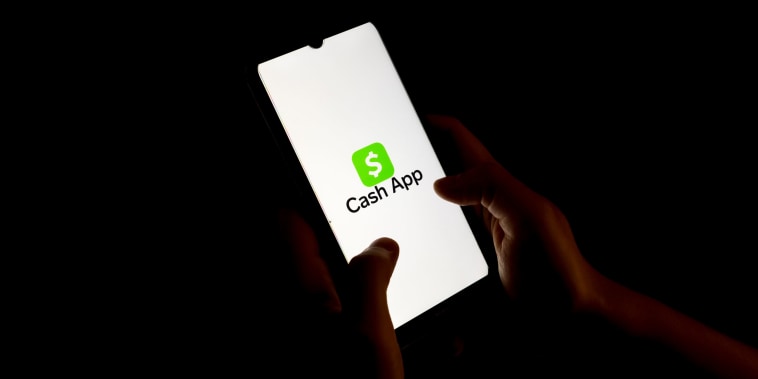As the financial market continues to evolve, further incorporating the use of digital platforms for transactions, it is of increasing concern that these platforms remain secure, and that they do not inadvertently become conduits for illicit activities. Federal regulators are now investigating whether one such platform, the highly popular Cash App, may be leaving the door open for money launderers and terrorists to exploit its transaction system.
Cash App, a peer-to-peer money transfer service owned by Square Inc., is under scrutiny to ensure that it has robust measures in place to prevent use by money launderers and terrorists. Money laundering involves making illegally-gained proceeds appear legal, while terrorism financing involves providing funds for terrorist activities. Both are serious crimes that have severe implications for national security and public safety.
Drawing attention to Cash App is the fact that it offers several convenient allowances for users to transfer money, including the ability to send and receive money without necessarily linking to a bank account, as well as providing a feature that allows users to buy and sell Bitcoin. Due to such allowances, the potential for exploitation by ill motives individuals increases. Federal regulators are probing into these factors, pressing on Cash App to ensure that its services do not inadvertently support illegal activities.
One of the specific aspects of investigation is customer verification process. Cash App’s protocol for verifying the identities of its users, particularly those making large transactions, is a critical factor in preventing illicit activity. Under U.S. regulations, financial institutions are required to have sufficient Know Your Client (KYC) and Anti-Money Laundering (AML) procedures in place. This involves gathering sufficient information about customers to ensure that they are not involved in illegal activity.
Further, oversight of transactions, particularly those involving Bitcoin, forms another area of investigation. Cryptocurrencies have previously been flagged by regulators as a potential avenue for money laundering due to their anonymous nature. As such, the fact that Cash App allows users to buy and sell Bitcoin raises questions about whether it is doing enough to prevent the exploitation of this feature for illicit purposes.
In addition, the speed and ease of transactions facilitated by Cash App, while beneficial for users, may pose a risk if not adequately monitored. Quick, seamless transactions could potentially make it easier for illicit funds to be moved without detection.
Federal regulators have an important task at hand to ensure that financial technology companies are taking sufficient measures to prevent their platforms from being used for illegal purposes. The probe into Cash App is a critical component of this larger effort.
This scrutiny does not mean that Cash






























